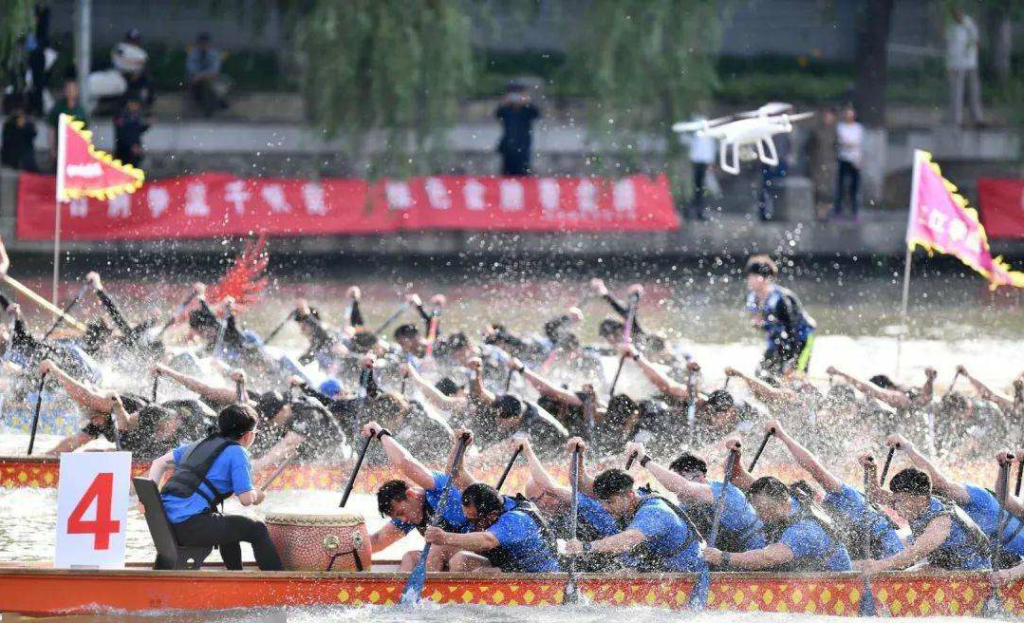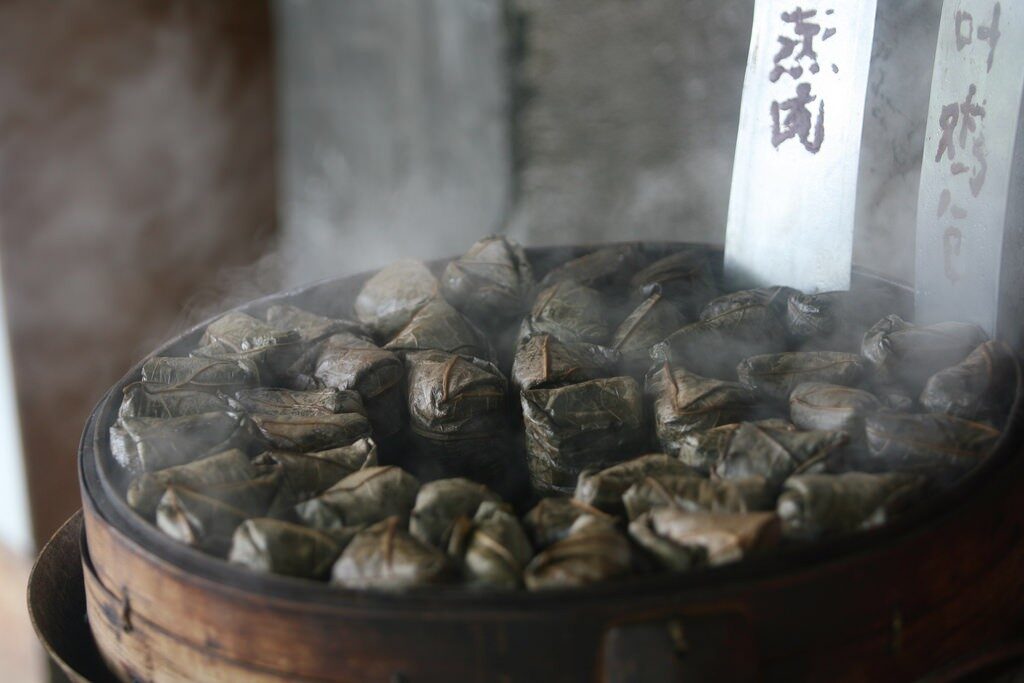The renowned Dragon Boat Festival, also known as Tuen Ng, falls on the fifth day of the fifth lunar month. It commemorates the death of Qu Yuan, a Chinese poet and minister known for his patriotism and contributions to classical poetry and who eventually became a national hero.
Qu Yuan lived during the time of China‘s first feudal dynasties and supported the decision to fight against the powerful state. Though his actions led to his exile, he wrote in order to show his love for the country. Legend has it that Qu Yuan felt such remorse after the capture of his country’s capital that, after finishing his final poem, he waded into the Mi Lo River in today’s Hunan province as a form of protest and despair to the corruption surrounding him.

Food:
There are a number of delicious dishes in Chinese cuisine, some of which are famous all over the world. The Chinese pay great attention to cooking, with thousands of years of development and recipes that transcend from generation to generation to fulfill the cultural traditions that are followed and celebrated today. As the culture focuses heavily on food, different food items hold a different significance depending on the festival being celebrated and the region in which it is celebrated. For the Dragon Boat Festival, these food items also vary.
Zongzi
This is one of the main food items eaten during the Dragon Boat Festival. It is a rice dumpling made out of sticky or glutinous rice, wrapped in bamboo leaves to form a pyramid shape that is tied with plant stems. There are also a number of different fillings available, such as egg yolk, lotus seeds, ham, red bean paste, rose, melon, date, chestnut and pork. Some places even make a mixed sweet and savory filling for the zongzi.

Cultural Activities & Traditions:
Dragon Boat Races
These are the real highlight of the festival, with the ornately carved boats and fierce painted ‘dragon’ heads and tails. It is a vibrant spectacle that consists of heavy drumming and intense racers as they race to reach the finish line.

